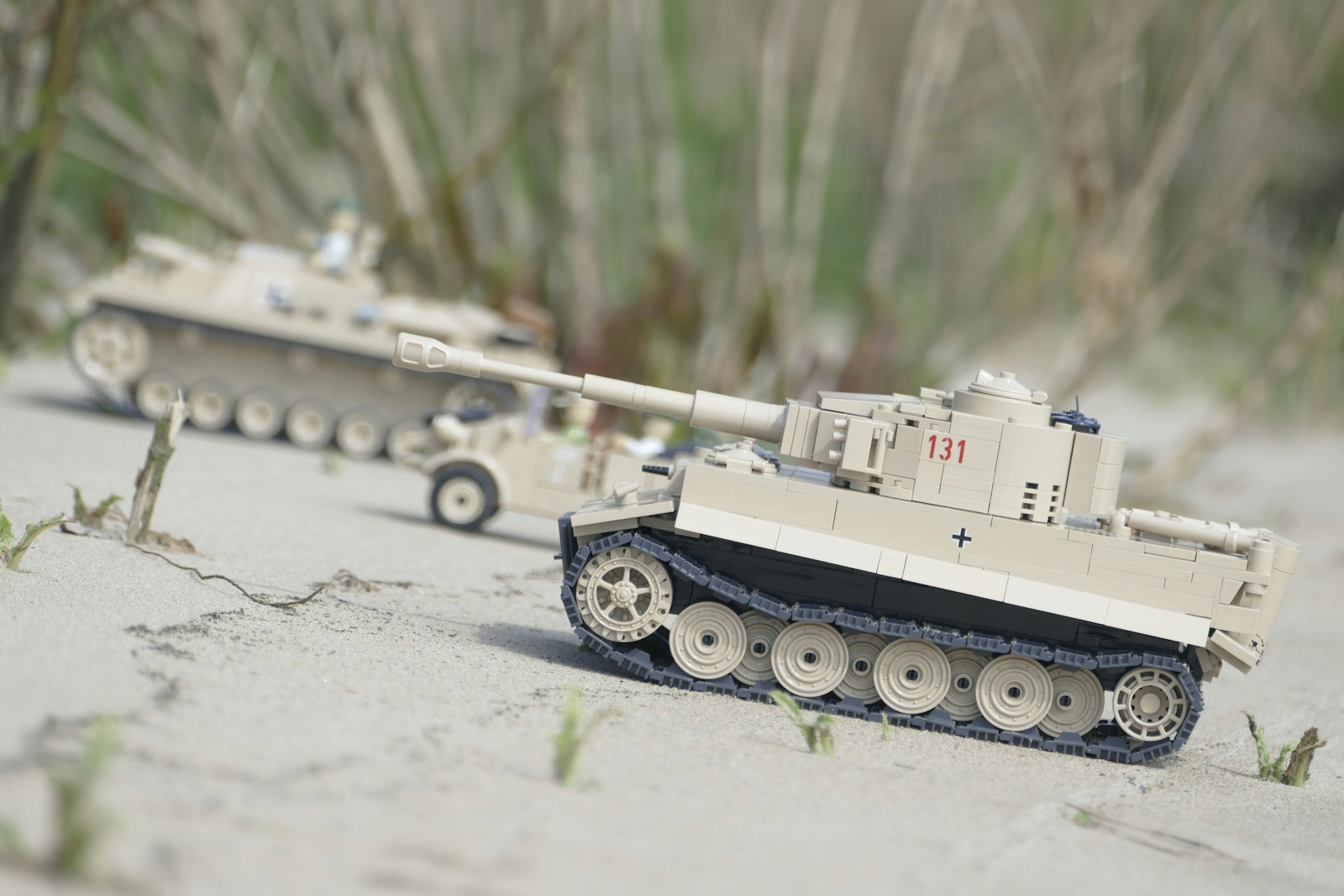
infantería

infantry
The word 'infantería' in Spanish translates to 'infantry' in English. Infantry typically refers to soldiers who fight while on foot in the army, as contrasted with cavalry and armored forces. The term arose in Sixteenth-Century Spain, which boasted one of the first professional standing armies seen in Europe since the days of Rome. A notable feature of infantry during the period was their uniform, often brightly colored and consisting of a tunic, breeches, cap and often a coat.
Example sentences using: infantería
La infantería es una de las ramas cruciales en la milicia.

Infantry is one of the crucial branches in the military.
This sentence shows how the word 'infantería' can be used in a military context, referring to the group of soldiers who fight on foot. It suggests the imperative role of the infantry in the military.
El enemigo bombardeó nuestra infantería durante el combate nocturno.

The enemy bombed our infantry during the night combat.
In this example, 'infantería' is used to talk about a specific group of soldiers ('our infantry') under attack. In this case, it emphasizes the dangers and challenges an infantry can face during warfare.
La infantería ligera se mueve rápidamente en el campo de batalla.

The light infantry moves quickly on the battlefield.
This sentence demonstrates the use of 'infantería' in a sentence, with an added adjective ('ligera' or 'light') to specify a kind of infantry. This implies how various types of infantry can have different roles or attributes.